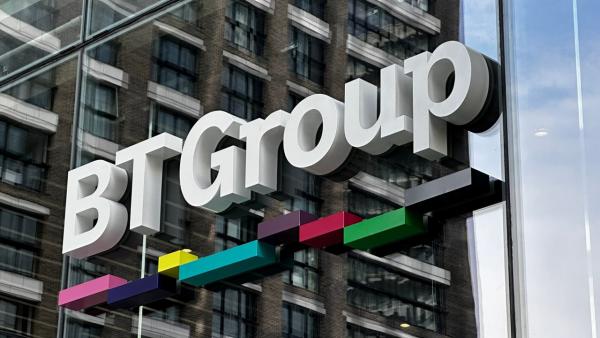
A new economic study published today by BT Group reveals that delivering a highly resilient, nationwide high-capacity mobile network could unlock up to £230bn in economic benefits by 2035, as well as a broad range of social and environmental benefits for the UK.
The report calls for UK Government to support accelerated mobile network deployment by reforming planning laws and significantly increasing the availability of spectrum to ensure consumers and businesses have access to the best possible mobile networks and to underpin UK economic growth and innovation.
BT’s “Driving Growth: The £230bn Opportunity of Improved Mobile Networks” report, developed in collaboration with Assembly Research, found that improved 5G standalone (5GSA) coverage could enable more than £88bn in economic growth through the industrial adoption of new technologies - such as AI and machine learning.
One of the key benefits that new 5GSA networks can deliver is a significant increase in network capacity available to UK society, enterprise and public sector users, particularly through the ability to provide dedicated bandwidth and advanced specifications to individual users. BT’s report estimates that this will bring positive impact to a broad range of areas in the UK, including:
- Road and Rail: Investing to improve rail coverage could result in £12bn in additional productivity by 2035, while improving road connectivity to 100% coverage could result in a £45bn opportunity for the UK through enabling autonomous vehicles.
- Rural Economy: Investing in improved 4G and 5GSA coverage could add as much as £3bn into the UK’s rural economy by 2035.
- Built up areas: In addition to the potential £88bn in growth from new technologies, improved 5GSA coverage could enable as much as £26bn of added economic value from accelerated drone adoption by 2035. In the same timeframe, an added £9.5bn could be unlocked for the UK’s broadcast, digital advertising and consumer media sectors.
The findings also highlight that, if more reliable UK mobile networks were available, increased use of mobile backup options could become more attractive for some businesses. Doubling the take up of these options would result in recovery of c.£7.9bn in productivity as a result of reduced down time. The research also shows a further £37bn of benefits could be unlocked through supporting the modernisation of the energy grid.
Existing research about the potential benefits of improved mobile networks for health, education and workplace safety are also featured in the BT report.
Howard Watson, Chief Security and Networks Officer, BT Group said: "We’re proud to be the biggest investor in the UK’s networks, having spent billions in the last five years to deliver improved connectivity for communities in every corner of the UK. But the way we use mobile connectivity is evolving, and as the demands on network capacity increase and retail pricing remains comparatively low, greater support is needed to unlock more private sector investment.
“To deliver the networks the nation needs for the future, we need greater collaboration with the government and regulator, as well as support from local communities and councils – so that everyone in the UK can reap the life-changing benefits connectivity brings. Reforming planning laws and opening up spectrum access would help accelerate the deployment of these critical networks.
This report proves that delivering secure, reliable and powerful mobile networks brings enormous value to consumers and businesses, fuelling the UK economy.”
Matthew Howett, Founder & CEO, Assembly Research said: “Our modelling suggests the UK stands to gain as much as £230bn in economic benefit from more advanced, resilient and widely available mobile coverage. Improved mobile connectivity supports increased productivity on rail journeys, reduced downtime from outages and the adoption of a range of emerging technologies. As the Government continues to work on executing its agenda for economic growth, our modelling shows that investment in mobile connectivity delivers significant benefits across the whole of the UK.”









